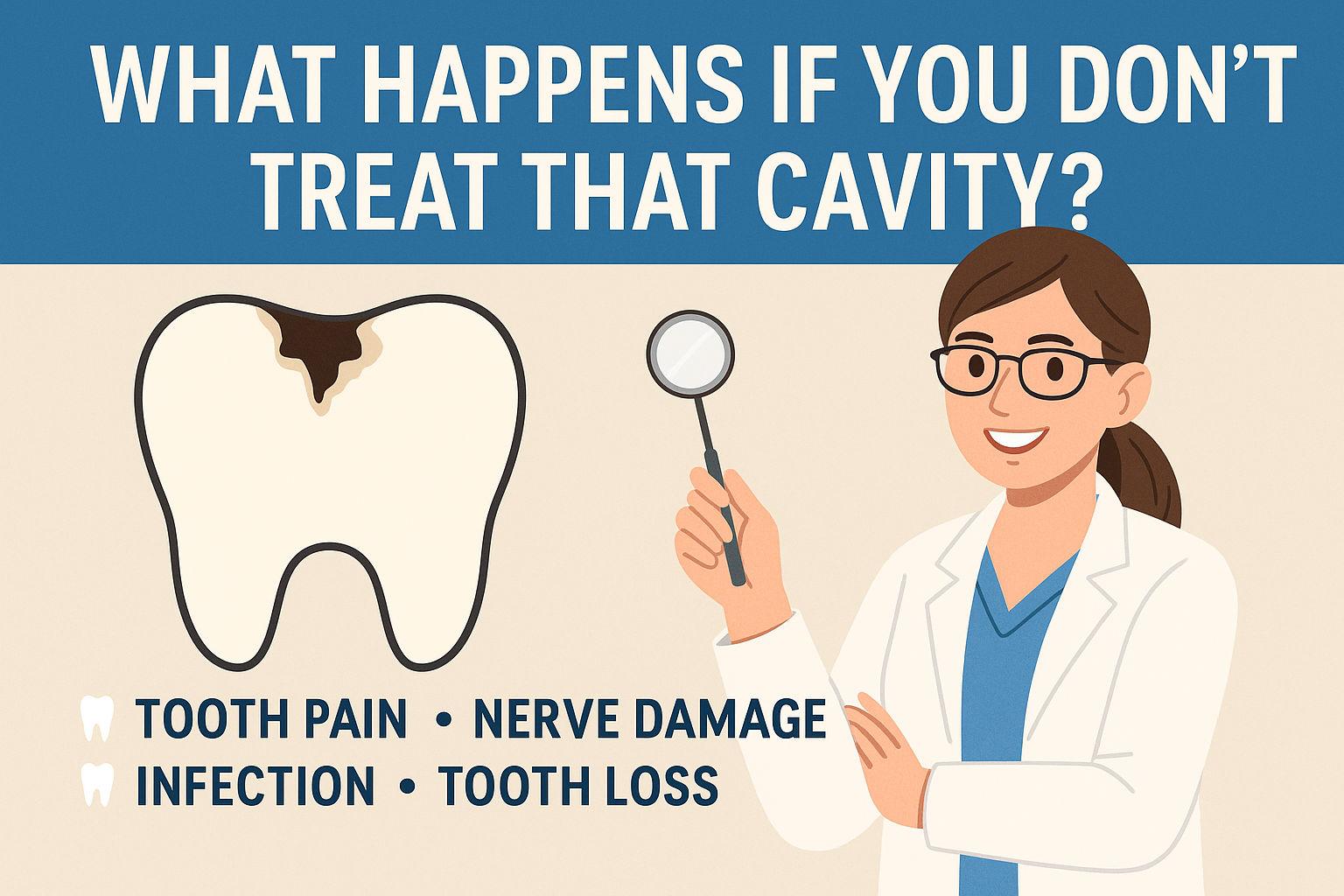Blog Highlights:
- Labels such as “no added sugar” and “100% juice” give parents a false idea
- Juice can wreak havoc on children’s teeth and can contribute to obesity
- If a child is old enough to eat solid food, give them the sliced, diced, or whole piece of fruit
Who isn’t guilty of filling their child’s sippy cup with juice or packing a juice box in their kid’s lunchbox? Labels such as “no added sugar” and “100% juice” give parents the false idea that natural fruit juice is a healthy choice for kids. In reality, juice is packed with natural sugars that can be just as detrimental to kids as processed sugar.
According to the American Academy of Pediatrics (AAP) too much juice can wreak havoc on children’s teeth and can contribute to obesity. Dr. Melvin B. Heyman, MD, states in the May 2017 AAP report that juice is “absolutely unnecessary for children under one.” Juice consumption can lead to “early childhood caries” a form of tooth decay found in young children and can lay the foundation for the development of obesity. In recent years there has been a rise in childhood obesity and early tooth decay remains one of the most common ailments of children.
The new report released by the AAP also includes general recommendations for all children. After the age of one, juice may be part of balanced diet, but should still be restricted. No more than 4 ounces per day for ages one to three, 4 to 6 ounces through age six, and 8 ounces from ages six to eighteen. Additionally, to help protect their teeth and foster a healthier body, make sure they drink their juice with a meal.
Even if your child is old enough to drink juice, don’t rely on juice to fill the daily fruit requirement. If a child is old enough give them the sliced, diced, or whole piece of fruit. Fruit has more benefits than fruit juice. It provides fiber and contains less empty calories. A child will feel fuller and be less likely to go over the recommended daily calorie count, not to mention the less concentrated sugar is better for teeth.









